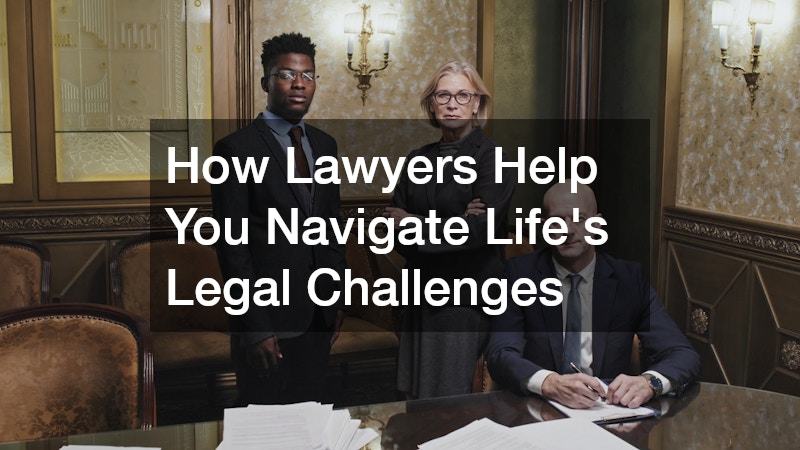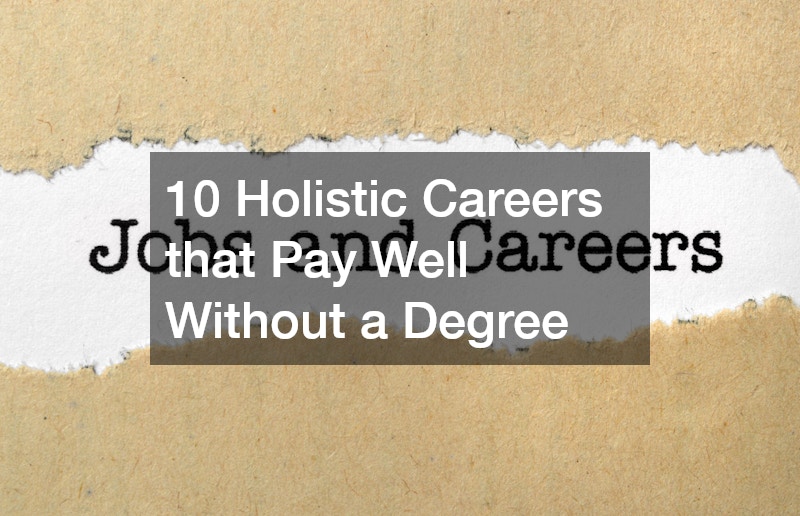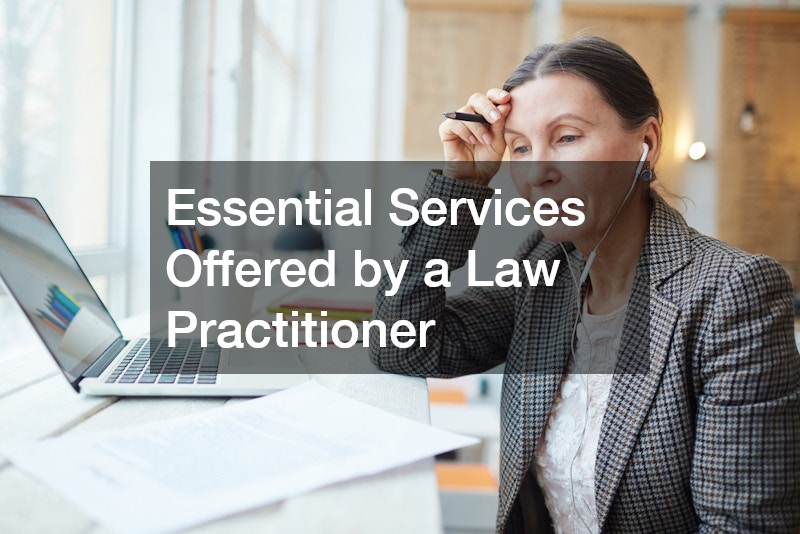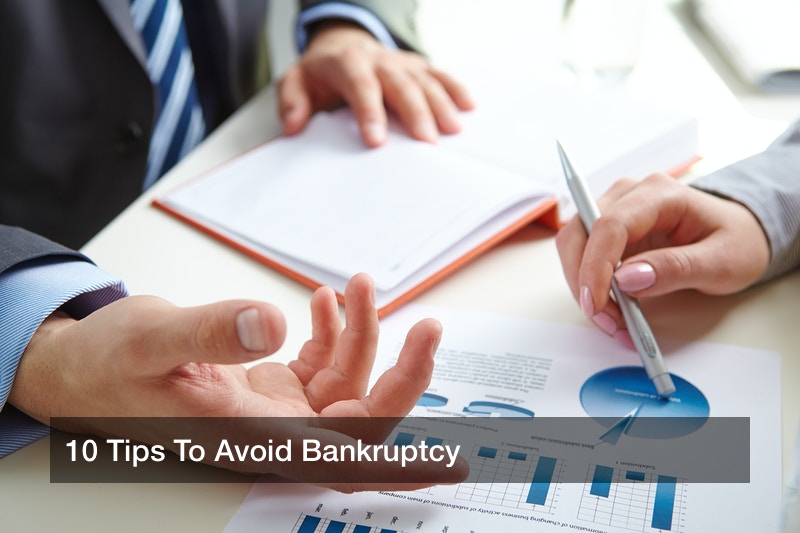
If you’re in a bad financial situation right now, the thought of filing for bankruptcy may scare you. How do you file? What does that mean for your credit and your financial future?
If you don’t want to file for bankruptcy, there are steps you can take now to put yourself in a better financial situation. If you take it one step at a time, you’ll be less stressed and your efforts could make a big impact on your finances. Here are ten tips on how to avoid bankruptcy and why it’s important to tackle this situation right away.
Evaluate Your Budget
One of the first things to do to avoid bankruptcy is to evaluate your budget. If you’re trying to avoid bankruptcy, it’s likely because you’ve acquired a lot of debt that you can’t pay off. If you want to pay off your debt, you must look at your budget and see what changed need to be made.
When you look at your budget, you’re going to look at your expenses and your income. If you have more debt than income and continue to rack up debt, you’re putting yourself at serious risk with your finances. If you run a business, the process is the same. Look at your business expenses and compare them to your income. If you have debt from business expenses, such as remote workforce support amid the coronavirus pandemic or shipping costs, that’s more than the money being brought in, you’re at risk for digging your business into a financial hole.
It may seem intimidating to evaluate your budget, but it’s crucial if you don’t want to go into bankruptcy. The sooner you get an idea of what your financial situation is like, the sooner you can make a plan to fix it.
Slash Your Expenses
Once you figure out your budget, the next step to avoid bankruptcy is to minimize your expenses. This means you either reduce the expenses you have or slash them completely. There are expenses you need to survive, such as expenses for food, shelter, clothing, and transportation. Then, there are leisurely expenses, such as going out to eat, taking vacations, and shopping for unnecessary items.

If you’re trying to stay out of bankruptcy, you have to make an effort to limit your expenses. If you’re spending more money than you earn, you have cut back on the spending. Limit the number of times you go shopping, go out to eat, and the number of items you buy online. If it’s not a necessity, try not to spend money on it. The same strategy applies if you’re trying to keep a business from going into bankruptcy. Evaluate what’s necessary and what isn’t. For example, you may think corporate logo stamps have to stay, but perhaps you can cut back on promotional items.
If you do cut out unnecessary expenses and need to make further cuts, see where you can save on your necessary expenses. Perhaps you can move into a less expensive place or trade in your car for a less expensive ride. If you have high car insurance rates, see what you can do about lowering them. While these expenses may be necessary, there could be ways to save on them.
Sell Things You Don’t Need
Another strategy to consider to avoid bankruptcy is to sell the things you don’t need. You may have bought expensive items in the past because you had the money for them, but as you face financial hardship, selling them will help you get some extra cash in your bank account.
First, sell things that you don’t use anymore. If there are clothes you don’t wear or pieces of furniture you haven’t used in months, sell them for extra cash. If you have an extra car sitting in your driveway but you don’t really use it, try to sell it. Once you sell the things you don’t use, move on to the things that you use semi-frequently. While you may miss these items from time to time, they aren’t necessary for your everyday survival.
Before you sell your things, make sure you do some estate planning in case something happens while you’re trying to get out of bankruptcy. There may be some things you want to keep in your estate, so be sure to get that straightened out before selling anything.
Avoid Using Credit Cards
If you’re trying to avoid bankruptcy, something you shouldn’t do is increase your credit card debt. Adding more debt on your plate will only make things harder to pay off. While you’re paying down debt, avoid using credit cards and getting into debt. If you already have credit card debt, try to pay that down, especially if it’s a high-interest credit card.

It can be tempting to put expenses on a credit card, but if you don’t pay off the full balance each month, the debt can add up fast. You should also monitor your credit cards closely as you try to get out of debt. If your credit cards get into the wrong hands, you could unintentionally end up in more debt. If you have concerns that some of your credit card debt was caused by someone stealing your credit card information, call the credit card company right away. You can also contact a law firm that deals with stolen identity cases to see what your legal options are.
Get Another Stream Of Income
On top of cutting your expenses and paying down debt, you can focus on obtaining another stream of income to avoid bankruptcy. Getting another stream of income will put more money in your bank account and allow you to pay off your debts faster.
The best way to get another stream of income is to get a second job. If you already work full time, you could get a part-time after work. Or, you could freelance on the side and pick up projects when you can. If you want to freelance, look for projects in an industry you have skills in, such as client services or digital marketing. If you want to work a part-time job after work, try to look for a job that you can be flexible with, like serving or pet sitting. This allows you to earn extra money while you work at a job you enjoy and one you can be flexible with.
Inventory Your Debt
If you don’t want to go into bankruptcy, you have to inventory your debt and come up with a plan for managing it. Look up every account you have open and know what the balances are. These accounts include car loans, student loans, business loans, mortgages, and credit card debt. You should evaluate which loans have the highest balances and which ones have the highest interest rates.
Typically, you want to pay off the debt that has the highest interest so it doesn’t keep accruing. However, it’s important to talk to a bankruptcy law professional to know what kind of debt you need to pay off first to not go into bankruptcy. Knowing what debt you have is an important first step to take in crafting a plan to manage it all.
Look Into Debt Consolidation
Another tactic you can use to avoid bankruptcy is exploring debt consolidation. Debt consolidation is a form of debt refinancing where you take out one large loan to pay off all your debt. Consolidating your debt can lead to lower monthly payments towards debt and can lower your debt’s overall interest rate.

There’s a lot to consider when looking into debt consolidation. For instance, if the loan term is longer than the terms of your other debts, you may end up paying more over a longer period of time. Depending on your financial situation, you may end up paying a higher interest rate, too.
Debt consolidation may impact your ability to file for bankruptcy down the road, including chapter 13 bankruptcy. That’s why it’s important to discuss this strategy with a professional before you take out any consolidation loans.
Try Negotiating Your Debt Down
Sometimes, you can negotiate to pay your debt down before you file for bankruptcy. If you want to avoid bankruptcy, this strategy could be a game-changer for your financial situation. In certain cases, debt collectors may work with you and let you settle your debt for a lesser amount. For instance, if you owe $50,000, you could work with collectors to settle it for $35,000. You can settle the debt on your own, or you can seek the help of a debt settlement company. If you’ve never negotiated debt before, you may want to seek help during your first time.
Keep in mind that negotiating debt is different than filing for bankruptcy. When you negotiate debt, you agree to pay a certain amount to clear the debt. When you file for certain chapters of bankruptcy, your assets can be taken and used to pay off the debt. Chapter 7 bankruptcy makes it possible for a person to get their debts discharged within 90 days. It also doesn’t require a payment plan but does require you to sell off assets to pay creditors. If you aren’t sure if debt negotiations will impact your ability to file for bankruptcy, be sure to talk to bankruptcy attorneys for guidance.
Consider Enrolling In Government Assitance Programs
If you’re in a tight spot with finances, you could try enrolling in government assistance programs to help you out. You could apply to receive food stamps or housing assistance. If your health insurance is a huge expense each month, you could research if you’re eligible for Medicaid. If you are unemployed, you can apply for unemployment benefits. These programs are meant to help those in need, and if you’re close to filing for bankruptcy, a little financial help could go a long way.
If you aren’t sure how to enroll in these programs, you can do research online or call your local assistance office. The requirements differ from state to state, so it’s important to know what you need to do to enroll correctly.
Get Help From A Financial Coach
A key way to avoid bankruptcy is to work with a financial coach. A financial coach is someone who will work with you to achieve your financial goals. They’ll give you advice and come up with strategies to help you pay off debt and stay out of bankruptcy for as long as possible. A financial coach will help you stay on track and hold you accountable for your actions. If they think something you’re doing is harming your financial goals, they’ll tell you.

Having a financial coach can help you get on track with your financial goals faster. Not only will they help you deal with your current financial situation, but they’ll also help you plan your financial future. A coach will help you develop habits that set you up for financial success and make sure you don’t end up in this situation again.
If you aren’t sure if getting a financial coach is right for you, you can ask those around you who have financial coaches what their experience has been like. If you have bankruptcy lawyers, you can ask them if getting a financial coach would be worth it. They may be able to advise you on getting a financial coach and if it’ll help you dodge filing for bankruptcy.
The thought of filing for bankruptcy may make you feel anxious and unsure of what the future holds. However, you must know that there are ways to avoid bankruptcy. Take it one step at a time and start by cutting expenses and trying to pay off as much debt as you can.
Also, surround yourself with the right people during this time. Surround yourself with your family, friends, and even your legal team so you can go to them for support. This can be a stressful situation to tackle alone, but if you surround yourself with a supportive circle you’ll get through it. Remember, this situation will be resolved over time. For now, take a deep breath and do everything you can to get it squared away.





